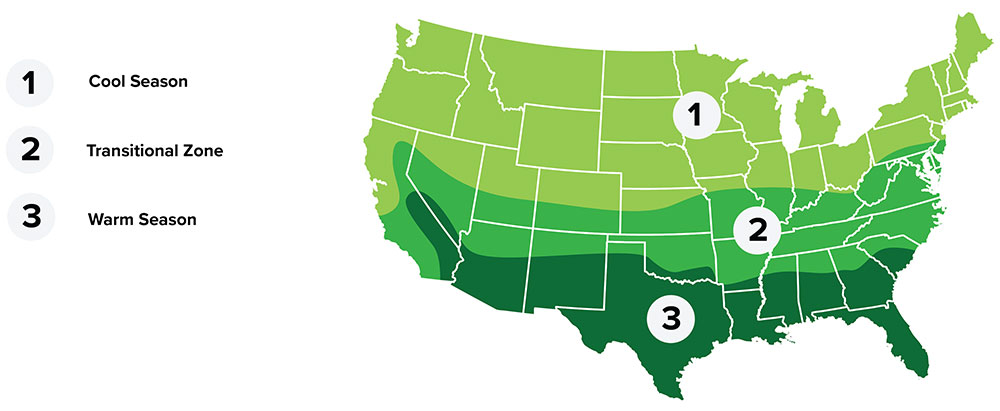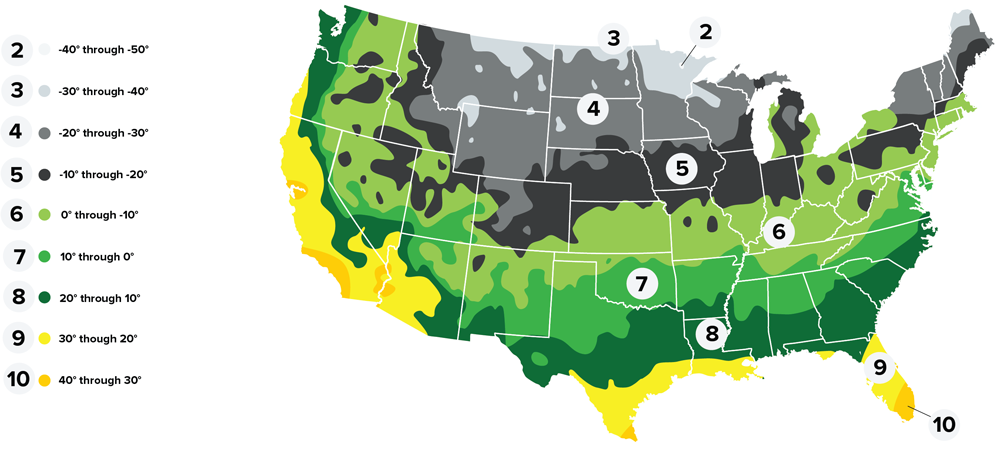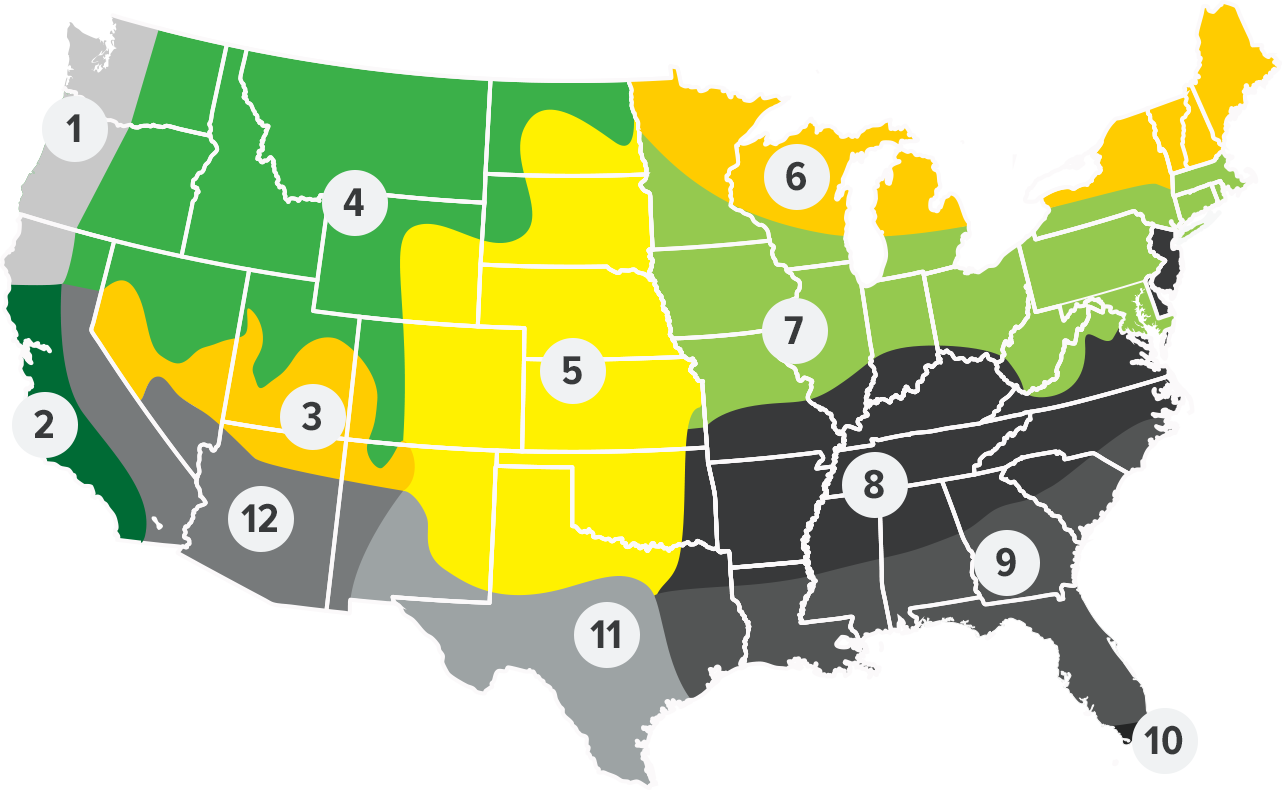HEGARI FORAGE SORGHUM
Hegari is a full-season open pollinated, white-seeded sorghum that is great for grain or forage, and is also popular for game birds.
Hegari is a full-season open pollinated, white-seeded sorghum that is great for grain or forage, and is also popular for game birds.
Strong agronomics blended with top-tier yield potential.
ADV S6218 brings a new approach to the sorghum-sudangrass lineup, with dry stalk for less moisture, a shorter maturity to help shorten the season and the yield potential to fit every geography.
AS6402 represents the newest generation of hybrid sorghum-sudangrass products. AS6402 has reduced internode length, creating a very compact, leafy and prolific plant. However, it will yield with taller sorghum-sudangrass hybrids due to the standability and tillering attributes of the Brachytic dwarf trait. Producers will have the best of both worlds, excellent forage qualities from BMR-6 and a dependable high-yielding feedstock.
Game-changing combination of agronomics and yield. High digestibility, great palatability, and strong disease package for overall good producibility. First-in-class sugarcane aphid tolerance. Agronomics and maturity make it a strong hybrid for an extended harvest window for silage, hay production and grazing.
With excellent yields and high quality, it works well for silage, green manure, or simply adding organic matter back to the soil.
Triple Treat is an excellent variety of sorghum sudangrass for grazing and baling that grows 6 to 10 feet in height with tremendous tonnage potential.
AS9302 is the first BMR-6, Brachytic dwarf ybrid sudangrass to hit the market. The BMR-6 gene adds high digestibility to a plant that has very fine stems and tremendous re-growth. The Brachytic dwarf trait adds a much tighter distance between internodes, allowing for a lower cutting/grazing height and better standability. The dry stalk trait allows for quick dry down, making this one of the Most versatile forage products on the market.
Piper sudangrass is widely used for pasture, greenchop, hay, and cover crop. Piper is noted for its lower prussic acid content. This doesn’t rule out the possibility of a prussic acid problem with a grazed field, but under similar growing conditions, Piper Sudangrass will tend to have fewer problems with prussic acid than ther Sudan varieties.
Brown Mid-Rib (BMR); higher digestibility, improved feed intake, more milk or meat
Dwarfing gene increases leaf to stem ratio and standability
Excellent drought tolerance
Ideal for grazing cows and calves or finished steers and heifers
Hybrid Pearl Millet is a great choice for summer grazing, hay production, haylage and wildlife food plots.
Japanese Millet has long been a favorite of water fowl hunters due to it’s ability to grow in wet saturated soils. Japanese Millet can be a valuable food plot addition whether you are trying to attract waterfowl, turkey, quail, dove, pheasant or whitetail deer.


